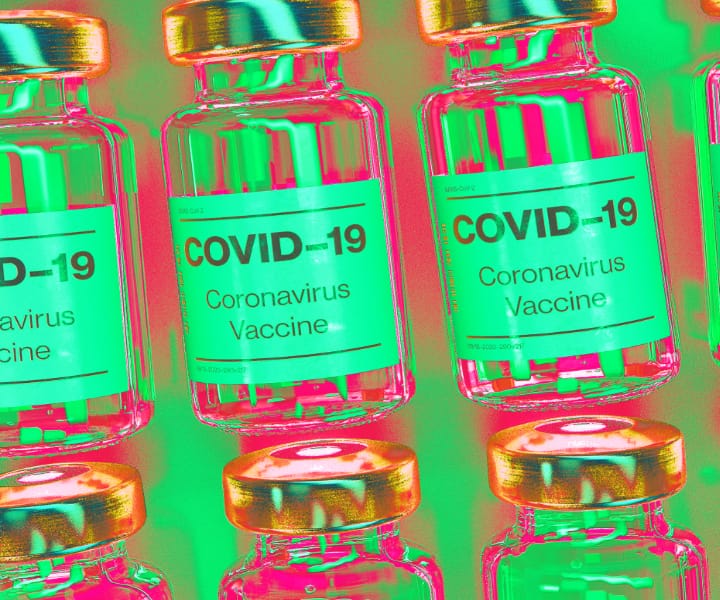By Jess Lomax
In light of the news that the UK government is planning to scrap all social restrictions in England on the 19th of July, there has been a change in the rhetoric surrounding vaccine efficacy. While questioning the government’s decisions should be encouraged, now is not the time to cast doubt on vaccines.

Support us!
Support us by contributing as little as £1 so we can continue to give young people a voice and a platform they deserve
£1.00
Vaccine efficacy is the percentage of reduction in risk of disease among vaccinated people relative to unvaccinated people. This means a vaccine efficacy of 95% reflects a reduction in disease among the vaccinated group of 95%. No vaccine is 100% effective at preventing illness among vaccinated people – the yearly flu vaccine, for example, is around 40-60% effective. Despite this, the Covid vaccines have shown to have higher than average efficacy, meaning that though they do not prevent all possibilities of illness among vaccinated people, they are incredibly effective – some more than 90% – at preventing serious illness, hospitalisation, and death.
It has been clear since the initial clinical trials of the Covid vaccines that they are not 100% effective at preventing Covid infection and illness. Despite this, since the news that lockdown would be lifted on the 19th July, there has been a noticeable change in the trust people are willing to place in the vaccine. Those who have previously supported the vaccine rollout are now sharing examples, most of which are anecdotal, of individuals who have been double-jabbed but are still suffering Covid symptoms. In doing this, they are casting doubt on whether the vaccines are enough to protect England from a surge in Covid cases and deaths.
While casting doubt on the Covid vaccinations may not be intentional, the potential effects of this kind of rhetoric are dangerous. Not only do anecdotal statements like these support anti-vax arguments, they also undermine what we have known about the vaccines all along – that they are not 100% effective at preventing infection and serious illness, but that they do significantly limit both. This can be seen in the most recent Covid data, where hospitalisations and deaths continue to remain low despite rising infections.
This vaccine fear-mongering comes at an important turning point in the UK’s Covid strategy – despite deaths and hospitalisations remaining low, the virus is currently tearing through the young population, with the 16-24 age group experiencing the highest rise in cases at the start of July. As England reopens, and nightclubs, bars, and gigs remove all restrictions on attendees, this group is going to come into increasing contact with the virus. While over half of this group has received their first dose, take up of vaccines among younger people is waning. To call the effectiveness of vaccines into question now – when restrictions are ending during a period of low vaccine uptake – undermines how important they will be in ensuring England is able to safely leave the pandemic in the past.
This is not to say there is no legitimate reason to question the government’s decision to abandon all social restrictions on the 19th July. There clearly is, especially when given their shocking track record of handling the pandemic so far. The lack of financial protection for those forced to take time off work, the failure to protect the clinically vulnerable and those medically unable to receive the vaccine, and the consistent disregard and disrespect shown to NHS staff and other key workers – these are all points of serious concern. But we can, and we should, critique these without casting doubt on the effectiveness of a vaccine that has never claimed to prevent all cases of serious illness.
Thanks for reading our article! We know young people’s opinions matter and really appreciate everyone who reads us.
Give us a follow on Instagram, Twitter and Facebook to stay up to date with what young people think.

